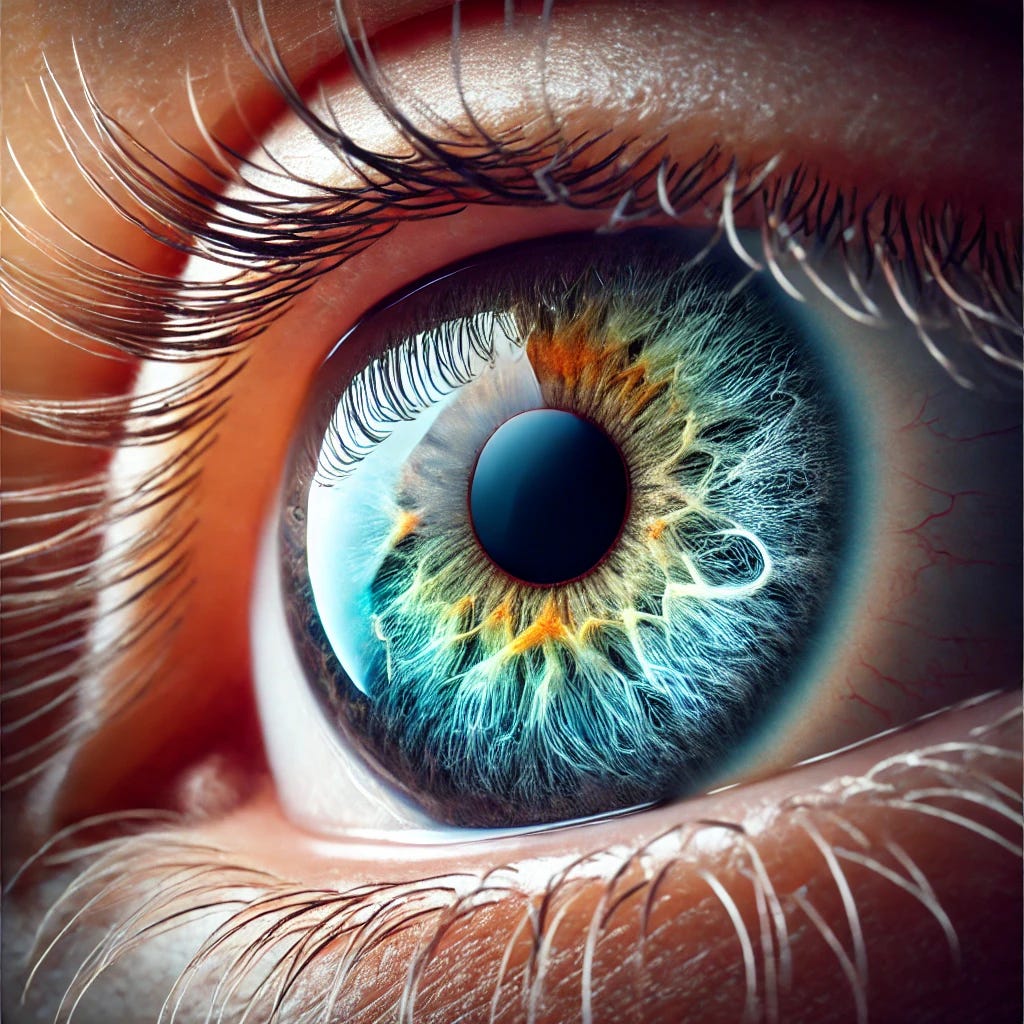The Hidden Toll of Dry AMD on Mental Health
Macular degeneration, particularly the dry form of age-related macular degeneration (AMD), is a leading cause of vision loss in adults over 50. While much attention is given to the physical effects of the disease—such as the gradual loss of central vision—its profound impact on mental health often goes unrecognized. Patients with dry AMD frequently experience emotional and psychological challenges, including anxiety, depression, and social isolation. Understanding and addressing these mental health aspects is essential to improving overall well-being.
This article explores the hidden toll of dry AMD on mental health and provides actionable solutions through mainstream treatments, holistic approaches, and natural strategies to help manage these challenges.
Understanding the Link Between Dry AMD and Mental Health
Dry AMD leads to the gradual breakdown of light-sensitive cells in the macula, the central part of the retina responsible for sharp vision. As central vision deteriorates, patients may struggle with tasks like reading, recognizing faces, and driving. These limitations can profoundly affect a person’s sense of independence and self-worth.
Emotional and Psychological Impact:
Depression: Vision loss can lead to feelings of hopelessness and sadness. A study published in JAMA Ophthalmology found that individuals with AMD are more likely to experience depressive symptoms compared to those without visual impairments.
Anxiety: Fear of progressive vision loss and uncertainty about the future can trigger chronic anxiety.
Social Isolation: Difficulty recognizing faces and participating in group activities may cause patients to withdraw from social interactions, leading to loneliness.
Mainstream Approaches to Addressing Mental Health in Dry AMD
1. Vision Rehabilitation Services
Vision rehabilitation services can help patients adapt to their changing vision and regain a sense of independence. These services often include:
Low-vision aids: Magnifiers, special reading glasses, and electronic devices to assist with reading and other tasks.
Occupational therapy: Training to perform daily activities safely and effectively despite vision loss.
2. Psychological Support
Cognitive-behavioral therapy (CBT): CBT can help patients reframe negative thoughts about their condition and develop coping mechanisms.
Support groups: Connecting with others who share similar experiences can reduce feelings of isolation and provide emotional support.
Holistic and Natural Approaches to Mental Health in Dry AMD
1. Diet and Nutrition
A diet rich in eye-healthy nutrients can support retinal health and may improve mental well-being.
Omega-3 fatty acids: Found in fish like salmon, omega-3s have been shown to reduce inflammation in the retina and may also alleviate symptoms of depression.
Antioxidants: Vitamins C and E, zinc, and lutein/zeaxanthin can slow the progression of AMD and




